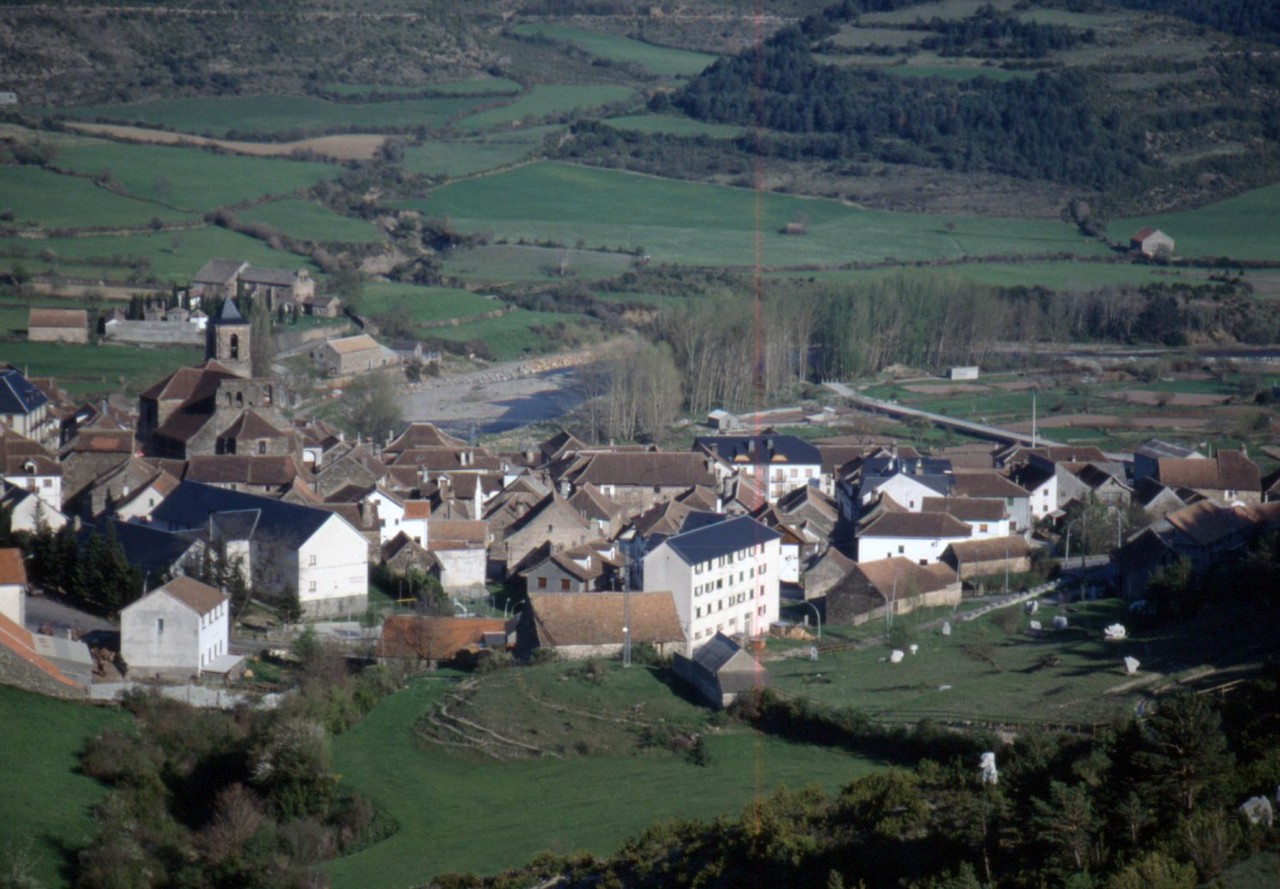After spending a night in the cell at Hecho town hall, the escapees were taken by bus to Jaca and imprisoned in the Clock Tower prison. An initial interrogation allowed the Spanish to sort them out. Allied airmen who benefited from agreements between Franco and their countries were quickly sent to Gibraltar and then returned to England.
Jews who had arrived illegally were imprisoned for varying lengths of time. Once their situation had been clarified, sometimes with the help of the Joint Distribution Committee, a Jewish-American aid organization, they made their way to Portugal and then America.
The French, who sometimes presented themselves as Belgians or Canadians for fear of being turned back, were for the most part imprisoned. They were locked up in prisons (Pamplona, Totana, etc.) or in internment camps scattered throughout Spain. The most notorious and largest of these was the camp at Miranda de Ebro (Burgos). After a very difficult stay (overcrowding, disease, lack of food and water, etc.) lasting from a few weeks to a few months, they were released and headed for Madrid, then Malaga or Setubal. From there, they traveled by boat to North Africa. They then enlisted in the Free French Forces or the British Army and underwent intensive military training.
They were then ready to return to contribute to the liberation of Europe.
